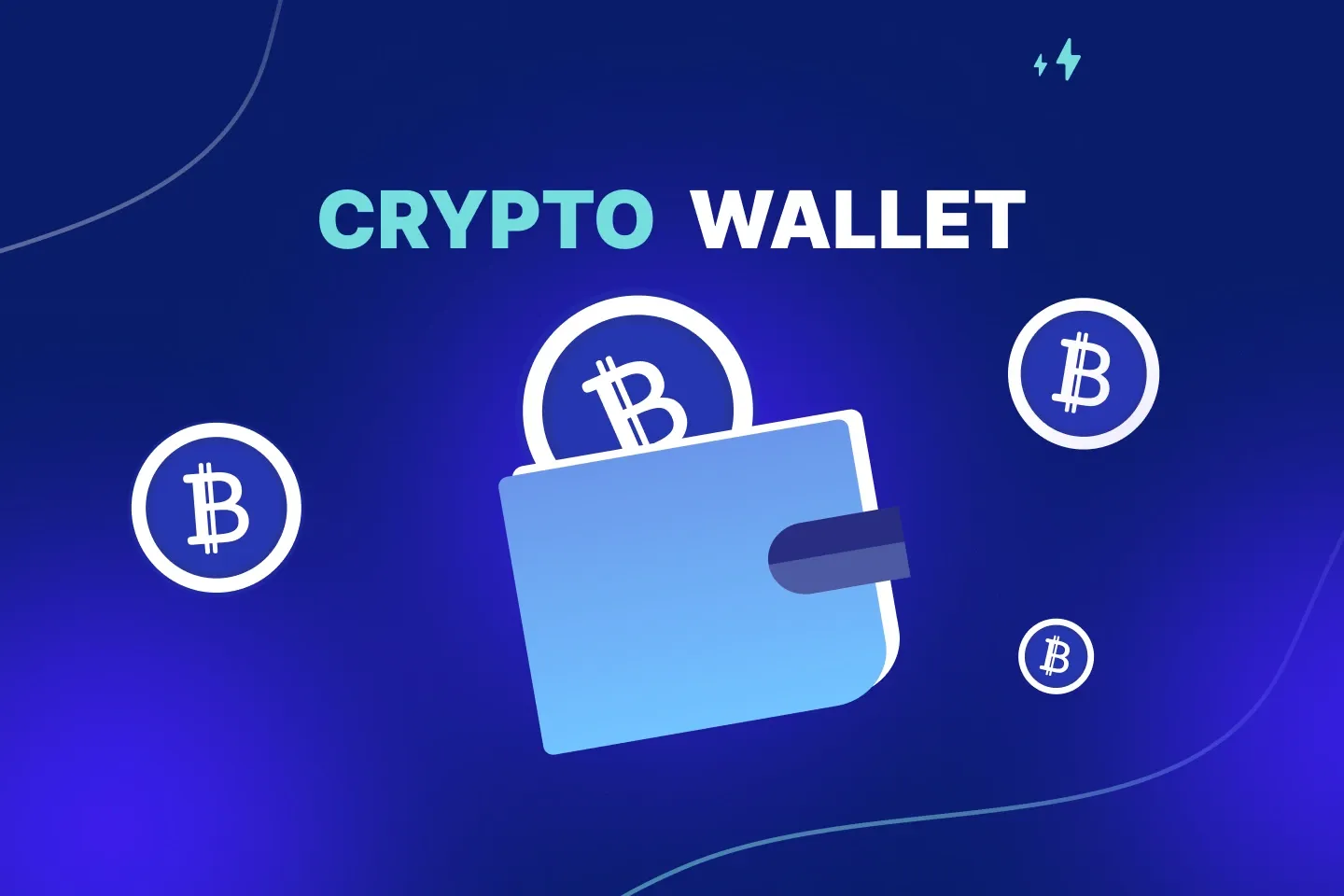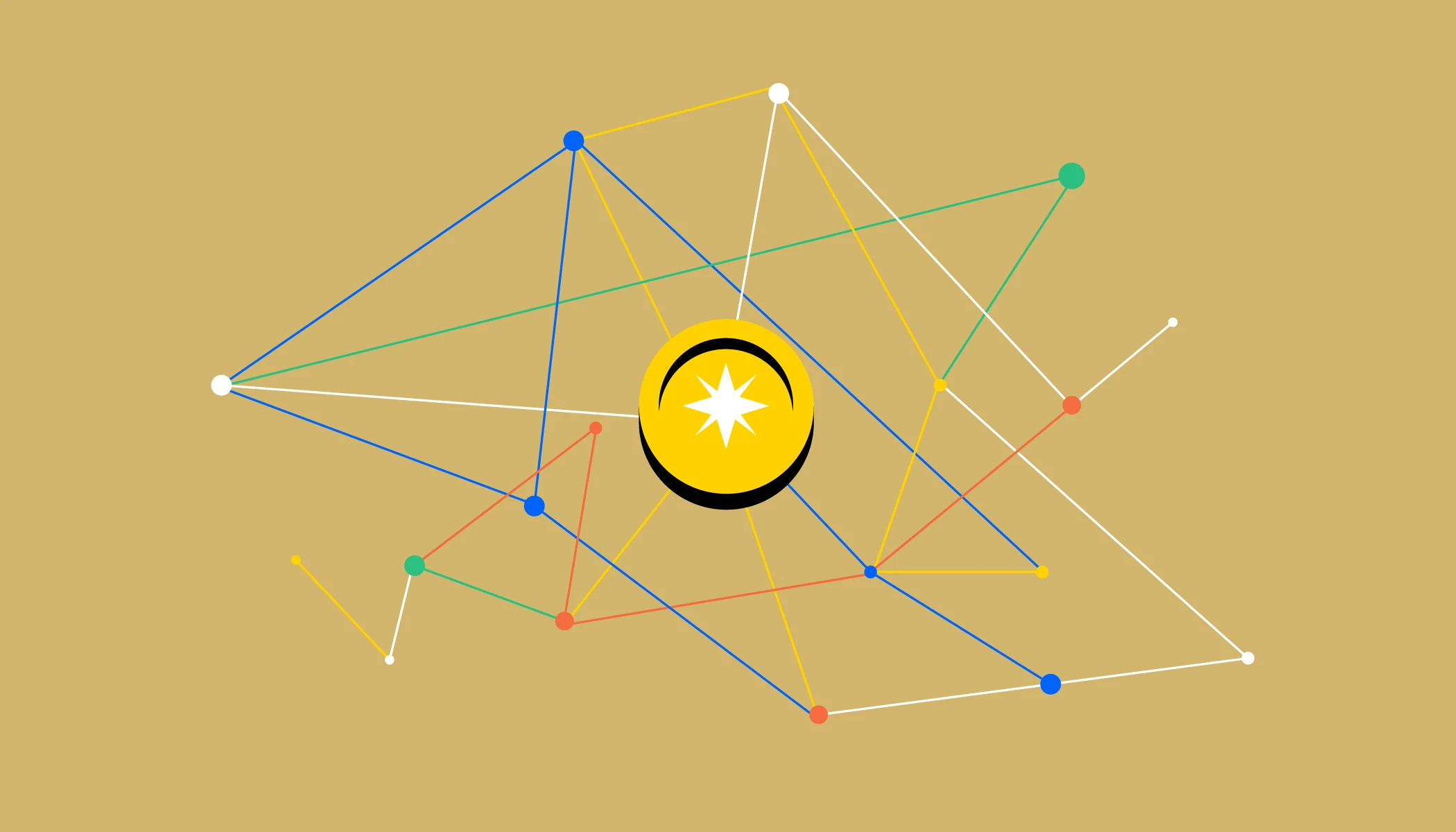Crypto wallets hold the keys to your fortune. Who really controls your crypto: you or someone else? Find out now.
What is a Crypto Wallet? You’ve probably heard the term tossed around in crypto conversations, but what does it really mean? Simply put, a crypto wallet is a tool that stores your private keys, which are essential for accessing and managing your cryptocurrencies on the blockchain. No keys, no coins. It’s like your digital keychain, except instead of jangling keys, it holds cryptographic secrets.
Crypto wallets come primarily in two flavors: software wallets and hardware wallets. Software wallets are apps or programs you run on your phone or computer. Hardware wallets are physical devices designed specifically for holding crypto keys offline. Both types store private keys, but how they keep these keys safe varies significantly.
But wait, there’s more. The crypto world also distinguishes between custodial and non-custodial wallets.
“Custodial wallets mean someone else holds your keys. You trust them, or you lose access. Non-custodial wallets, on the other hand, give you full control — and full responsibility.”
Custodial wallets are managed by third parties—exchanges, wallet providers, or other intermediaries. They take care of everything for you. Great if convenience is your thing or if you don’t want to wrestle with technical details. Non-custodial wallets put you fully in charge but also on your own when it comes to security.
Setting up a crypto wallet can be as quick as a few clicks for software versions, or a bit more involved if you buy a hardware wallet. The setup process typically involves creating or restoring a seed phrase. This is a sequence of words that acts as a master key to your wallet.
You might encounter phrases like “backup your seed phrase” or “never share your private key.” These aren’t just jargon — they are lifesavers. One careless leak can mean you and your crypto are parted forever.
“Your seed phrase is the master key to your vault. It’s not something to scribble on a napkin or stash in an email.” – Ledger
Backing up your wallet correctly is non-negotiable. Store your seed phrase offline, away from prying eyes and electronic threats. Digital copies on cloud drives or phones can be hacked, lost, or wiped out.
Security is the top priority. For non-custodial wallets, you’re the gatekeeper. If you lose your keys or seed phrase, no bank or sheriff is coming to the rescue. For custodial wallets, your password security and the provider’s safeguards matter more, but the risk of hacks and freezes loom large.
The reality? Crypto wallets are not your traditional bank accounts or wallets. They don’t hold money exactly. Instead, they hold keys that prove you own assets on the blockchain. They’re complicated, cool, and sometimes complicated cool tools. They demand respect, knowledge, and caution.
Disclaimer
The information on this website is for educational purposes only, and investing carries risks. Always do your research before investing, and be prepared for potential losses.
18+ and Gambling: Online gambling rules vary by country; please follow them. This website provides entertainment content, and using it means you accept out terms. We may include partnership links, but they don't affect our ratings or recommendations.
Crypto promotions on this site do not comply with the UK Financial Promotions Regime and are not intended for UK consumers.





